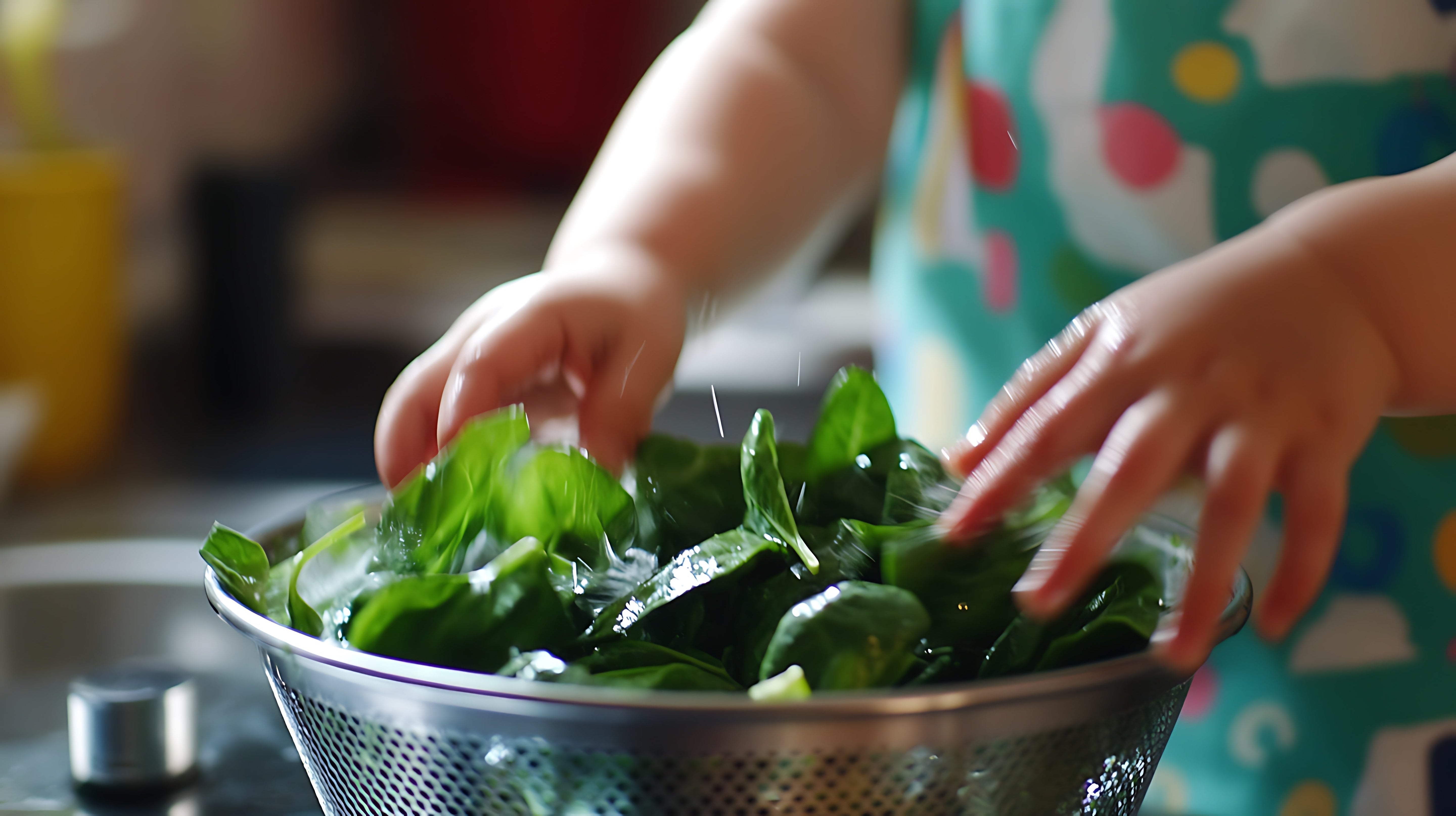Let's normalize talking about postpartum mood and anxiety disorders.
Up to 1 in 5 women suffer from mood/anxiety disorders during pregnancy/postpartum and 10-15% experience postpartum depression.
Postpartum baby blues, which last a few days to a couple weeks after birth, are often attributed to changing hormones. Symptoms can include:
–Anxiety
–Sadness/crying
–Feeling overwhelmed
–Mood swings
–Trouble sleeping
–Severe mood swings
–Difficulty bonding with baby
–Withdrawing from family and friends
–Insomnia, or sleeping too much
–Intense irritability and anger
–Thoughts of harming yourself or baby
The more you can identify the symptoms, the more you can get help, for yourself or a friend.
Did you know specific nutrients can reduce the risk of postpartum depression?
Studies have shown that consuming Omega-3 fatty acids could improve maternal mental health. Women who consumed diets high in omega-3 DHA had lower levels of anxiety and reduced risk of PPD.
Seafood such as tuna, salmon and oysters are high in Omega-3 DHA – or you can choose a vegan alternative such as the microalgae we use in Tend.
Calcium and Vitamin D, nutrients many women are deficient in during pregnancy, have also been shown to reduce PPD risk.
If you don’t get enough calcium from diet or supplementation, your baby will take it from your bones. Other than dairy products, foods often fortified with calcium include alternative nut milks, soybeans, greens like spinach and kale, and chia seeds. Sardines, beans, and lentils are also good sources of calcium.
Research suggests that vitamin D deficiency during pregnancy may be associated with an increased risk of depression and anxiety in new mothers. In pregnant women with low levels of vitamin D, supplementation improved their mood and reduced symptoms of depression. Consuming fatty fish, egg yolks, and mushrooms can help – and sunlight!
If you're looking for an easy, comprehensive way to get these nutrients during pregnancy, postpartum, or beyond – Tend has all these nutrients plus more: 25+ micronutrients plus macronutrients like protein and fiber. Tend was designed to inspire a daily moment of joy in the motherhood journey.
📝 Studies cited:
Archives of Women's Mental Health 2001 Mar 3 141146.Freeman MP et al. Acta Psychiatr Scand. 2006 Jan;113(1):31-5.
Sparling KM et al. Matern Child Nutr. 2017 Jan;13(1):10.1111/mcn.12235.
Palacios C. et al. Cochrane Database Syst Rev. 2019 Jul 26;7(7):CD008873.



